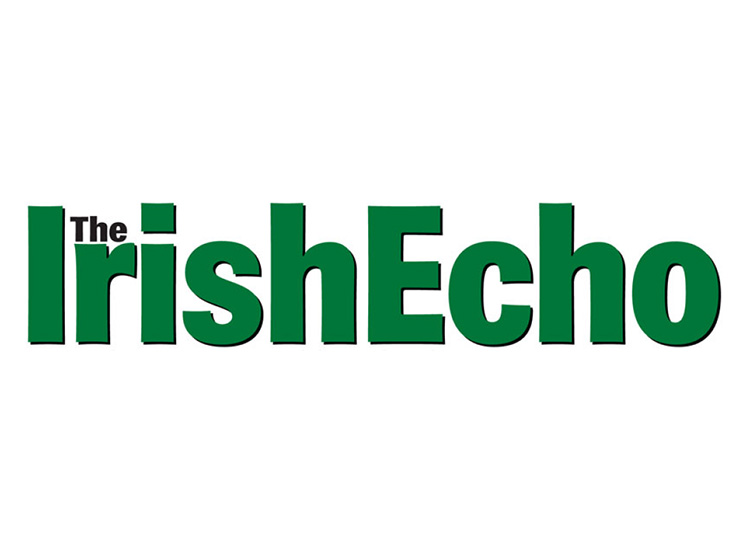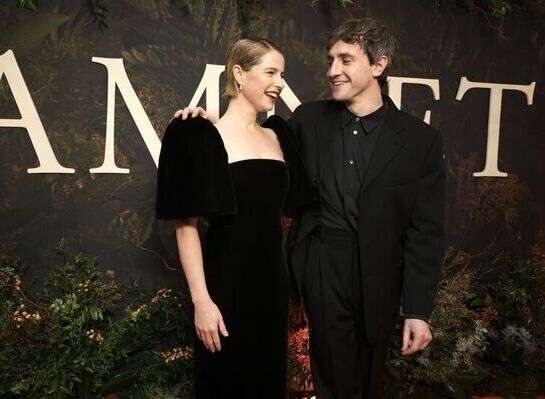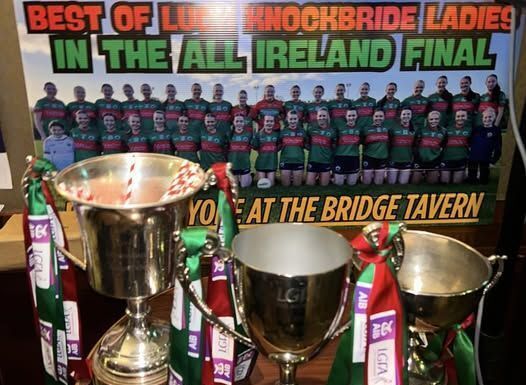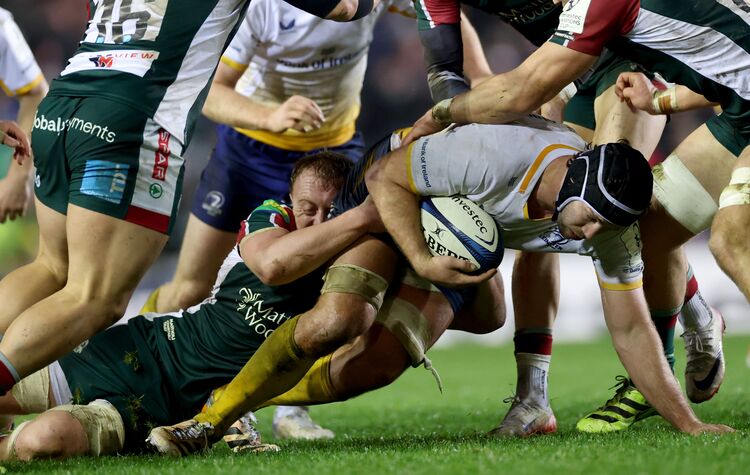Comedian Maeve Higgins, on left of picture, actor-playwright Honor Molloy,
at the end of the table, and playwright Lisa Tierney-Keogh, at the podium, featured
on a panel the at the Fordham “Waking the Feminists” symposium on Sunday, Feb. 28.
By Orla O’Sullivan
The Irish Repertory Theatre and the Irish Arts Center have defended themselves against claims – made during the launch of the Waking The Feminists in the U.S. – that they do not give equal representation to women playwrights.
The chapter of the protest movement begun in Ireland late last year was officially founded in New York on Monday night, Feb 29, at a booked-out event hosted by the IAC.
At a #WTF symposium in Fordham University the day before, and in Echo interviews, several questioned why the New York Irish venues stage so few female playwrights.
In a Q &A following the Fordham event, a sponsor, the philanthropist Richard Brautigam, raised concerns about the “continued lack of women’s plays” on the Rep stage.
Brautigam, whose wife Mary is from Clare, added that the theatre might be used for women's plays even during the many times it would otherwise be dark.
The latter point was not addressed in a joint statement issued to the Echo by the Rep’s artistic and producing directors, respectively, Charlotte Moore and Ciarán O’Reilly, who said they were proud of their record.
The IAC, meanwhile, said it was close to gender parity and “vigilant” on this issue.
Two broad questions were posed to the both the Rep and the IAC: how would they respond to suggestions of women playwrights being underrepresented and had they any measures planned to help ensure greater gender balance in future?
“Our response would, of course, reflect our record,” Moore and O’Reilly replied.
“Proudly, our reading series (our development arm) from which we strongly consider our full productions has featured eight female writers out of 18 readings this past two years. These are often directed by women.”
At Fordham, following Brautigam’s remark, the organizer of #WTF in New York, Lisa Tierney-Keogh, asked for a show of hands from “anyone who has had a play produced” by the Rep or IAC.
“I’m not talking about readings,” she qualified. “At this stage, I’m interested in productions.”
No hands went up from among the 75 or so attendees, mostly women working in the theatre, plus some feminist/literary scholars.
However, one of the panelists Donnybrook, Dublin-born actor Alison McKenna, said that she would be producing a show for the Rep to commemorate 1916, “Salon Éire 100,” which is coming up in May.
Tierney-Keogh, a Dubliner now living in Brooklyn, was in the new playwrights program of Ireland’s national theatre about a decade ago but not produced. She suggested one thing #WTF might do was create a library of women's work, “starting with the ton of plays commissioned by [that theatre] the Abbey and not produced.”
The Rep’s statement continued: “In the past two seasons, in addition [to readings], we have presented two full productions by female writers: ‘Airswimming,’ by Charlotte Jones and ‘For Love’ by Laoisa Sexton.”
Sexton was in Ireland during the #WTF launch here and was reached by email prior to the Fordham event. She spoke of the great difficulty of getting her work staged although the two that were produced in New York (“For Love” and “The Last Days of Cleopatra”) got a “Critics' Pick” designation from the New York Times.
Talent can always be questioned in a field as subjective as the arts, speakers at Fordham noted, but Sexton could reasonably claim to have proven her merit.
Still, she said, on top of sexism, an Irish woman playwright in New York faces challenges that include mainstream theatres tending to dismiss her work as “niche” because it’s Irish. Moreover, American audiences favor “older, classic plays” not her urban, modern, working-class subjects, she said.
“Yet, I see plays being brought in from Ireland and Northern Ireland with huge funding, presented in big venues,” Sexton said. “That will not happen with an Irish, female artist based in New York.
“Most U.S. companies will tell you to go to Irish companies, but there are only two Irish companies, and one is more of a presenting house [presenting work from Ireland].”
The IAC’s broad program has tended to include relatively few plays. The Rep is the only dedicated Irish theatre in New York, and one of very few in the States, having been created to showcase “Irish and Irish American” works.
O’Reilly has said in the past that it’s “a big distinction, one that often defines us, but maybe corners us as well.”
The Rep, which aims to finish the renovation of its 22nd Street premises next month noted in its statement that “a new play by a female writer is scheduled in our first season when we return to our home base.”
IAC Executive Director Aidan Connolly, while noting that plays are “just one of many disciplines we offer,” said, “Our current and recent seasons show that 41 percent of our major productions/presentations were written by women, including three by Deirdre Kinahan and plays by Eimear McBride and Annie Ryan, Olwen Fouere, Janet Moran and Amy Conroy.
“The #WakingTheFeminists movement reminds us that this is an ongoing effort and we must all remain vigilant and continue to check ourselves at the street corner of privilege,” he added.
Fordham panelist Honor Molloy, a playwright and novelist, expressed, rage, despair and frustration at the lack of outlets for her work going back more than a quarter century.
She recalled a stark example from 1991, when she submitted her play "Maiden Voyages," which is about seven women in the Rotunda, the famous Dublin maternity hospital. A producer at the Irish Arts Center told her: "You need to put some men in it.”*
Speaking generally about more recent times, Connolly, who joined the IAC in 2007, said, “An affirmative effort toward gender, ethnic, racial, and social inclusion as we evolve the Irish and Irish American identity enriches us all and is essential to our continued relevance on the world stage.”
Certainly, #WTF intends to place a spotlight on what those involved say is often unquestioned bias.
Tierney-Keogh wryly observed during the discussions at Fordham, “I’m 15 years in, so I’m at the beginning of my career.”
In opening the event, she said, “I used to read again and again about the lack of female playwrights and I thought ‘no there isn’t.’”
Editor's note: Honor Molloy believes the version of the article that appeared in the print edition last Wednesday and online took her comment out of context by not making clear that the example was from 1991. In an email, she has added: "In recent years, 41 percent of the Irish Arts Center's theatre productions and presentations were written by world-class, living women artists. An unparalleled achievement." We're happy to make that clarification.








